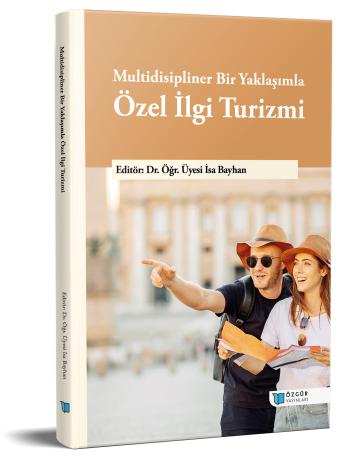
Museum Experience Shaped within the Framework of Nighttime Museology Practices
Chapter from the book:
Bayhan,
İ.
(ed.)
2025.
Special Interest Tourism: A Multidisciplinary Approach .
Synopsis
This study examines night museology from a theoretical perspective as a contemporary practice that makes it possible to reshape the museum experience in time and space. In line with the data obtained from a comprehensive literature review and current news content, the institutionalized examples of night museology in Europe and its development process in Turkey are evaluated. The findings reveal that night museology, especially in the ancient city of Ephesus and the ruins of Hierapolis, increased the number of visitors by 47% and made significant contributions in terms of tourism revenues, night economy and local development. The research shows that cultural events organized at night not only increase visit duration, but also increase spatial diversity, social inclusion and cultural participation. They contribute to the perception of cities as safer and increase their cultural attractiveness, are effective in attracting young visitors, and transform traditional uses of urban centers. Moreover, this approach balances entertainment with the preservation of cultural heritage, enabling the development of inclusive strategies that appeal to different visitor profiles. The study highlights the complementary role of multidisciplinary specialties such as light and sound design, experience design, security planning and guidance in contemporary museology.

